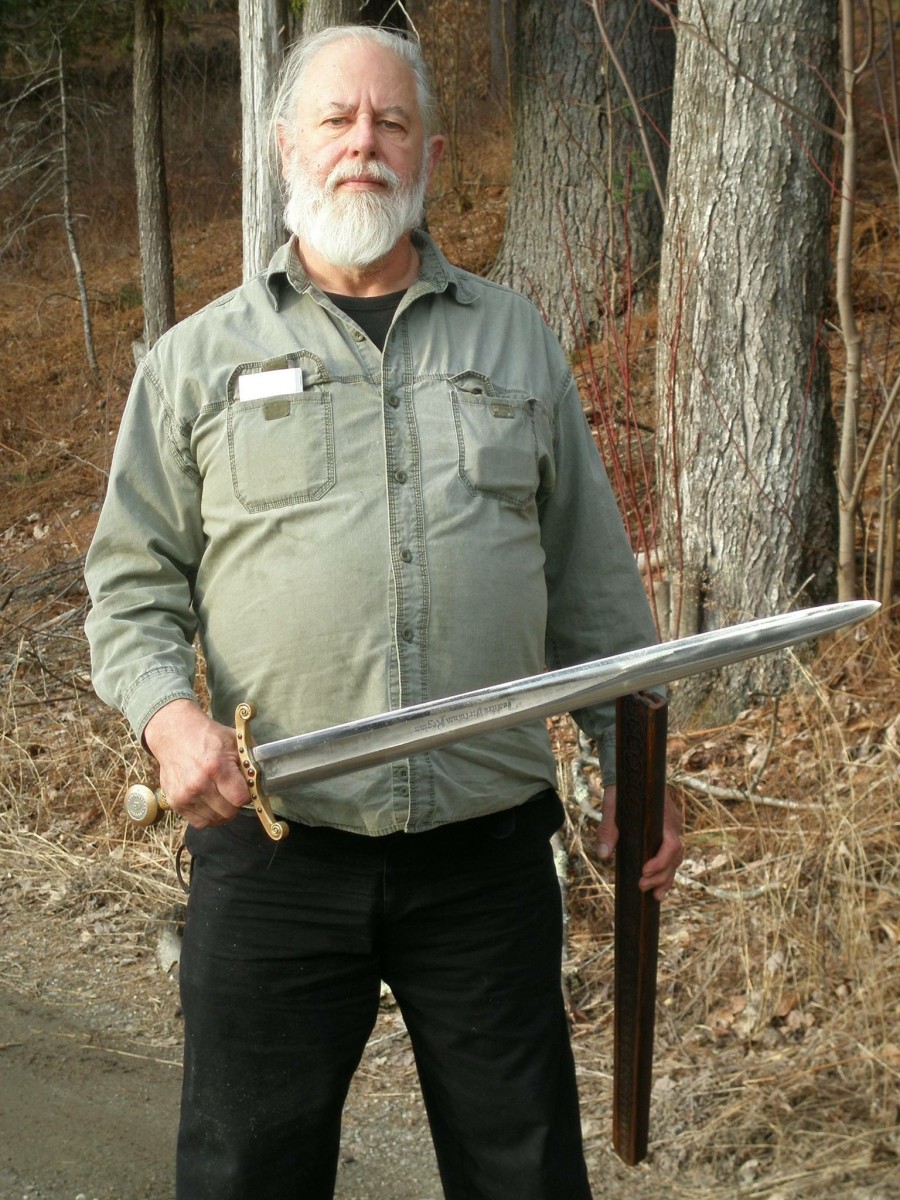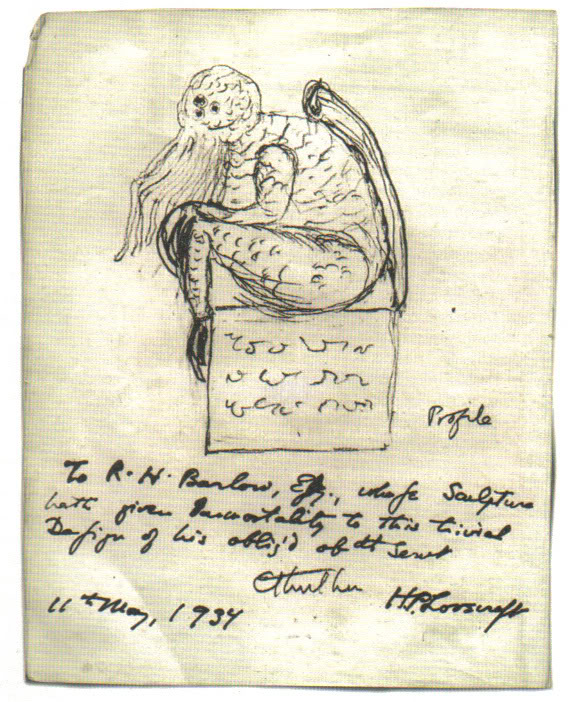I wrote a while ago about starting the play D&D again after many years away from the game. I am using a virtual table top program called Fantasy Grounds (www.fantasygrounds.com) to play with Teamspeak running on my NAS in order to have the voice component (the company provides their own public Teamspeak server but I prefer to have a private server). My group has been playing pretty much every week for the past few months. It is a little rough with my time in Asia to make the games work but luckily I have a lot of control over my schedule.
The group I play in features three of my old friends from Montreal, including my cousin Mark who introduced me to the game when I was in high school. One is a friend I made when I started playing Magic. The final of five is my daughter Sarah who is 19 at the time of writing this blog. Sarah has heard me talk about roleplaying games (RPG) for all her life and she has been a gamer since she was a kid. She never really got a chance to play D&D except for one year in a boarding school where there was a gaming group. Since we have been back in the San Francisco area she has been unable to play. My friends were happy to include her in the group.
We are almost done with the Lost Mines of Phandelver and I have been very happy with both that module and Fantasy Grounds itself. The module is a good balance of a sandbox and a linear story and has memorable characters and a good story to run through. Fantasy Grounds is simply superior as a way to play the game if you need to play remotely. The automation makes combat much faster than what you would have sitting at a table playing with paper and dice and this is important when playing online as the social experience is different when sitting around a table.
Some of the features that makes Fantasy Grounds good are things like automating the Turn Undead feature for clerics. In open room the players were being attacked by almost three times their number in zombies and the cleric (Ed) raised his holy symbol high and turned the undead. It was very quick to target the zombies and resolve it all at once instead of saving throw after savings throw manually rolled. In combat, if a monster has a resistance to a certain amount of damage there it is automatically matched against what the characters are using against it.
Nothing is perfect, zombies do not automatically save when they go below zero from damage, Sleep spell is not automatically resolved and you need to be careful to target within the system or else you can waste a roll. You can draw on the map, but area of effect spells like Web do not trigger just because someone walks into where they are. There was one evening when the fantasy grounds server was down and we could not get the game up and running because we could not authenticate the licenses. However, the whole group is getting more familiar with the interface and the games run very smoothly now.
In fact, the games are running so smoothly using the VTT, that the immersion is very much like playing in the same room. We laugh laugh and joke and talk about our week at work or old war stories or whatever comes to mind. If someone can’t make it one week, I have the character sheet right there and I can easily run their character for them. It is a little dangerous to skip a session as something unfortunate like the rogue being used as a battering ram to open doors might happen, but at least it is easier to do and bookkeep compared to a pure paper game.
I often get questions from people that know. about RPG like D&D about why I like to play and what the benefit is. The only real answer is that they are social games and an excuse to get people together and talk and live through a story that they make together. This is nothing different than a regular poker game or golf game that brings friends together for the enjoyment of each other’s company.
Games can also be a good way to try out ideas or emotions that you will need to use outside the game in a safer environment. Corporate trainers use games all the time in training sessions. Games can teach real world examples much better than just showing a PowerPoint slide and lecturing. My favorite example is the beer game at the beginning of the book The Fifth Discipline in which the object is to react to external demand signals while running a factor that makes a specific brand of beer. The game teaches several important lessons about understanding demand drivers and how to react to them and playing the game teaches the lesson a lot better than just reading about it.
Same as well for the different team puzzle solving games that are the favorite of corporate trainers. One of the goals of such games is for participants to role play different roles, and that includes being the leader of the team. Often each participant will get their chance to assume command of the team, and the personal interaction to think through and solve the puzzle comes from how will the new leader can marshal team resources, including the ingenuity of the team members.
When playing D&D, the character classes alone lead to different roles. Some classes are better at physical combat and those will tend to be in front and the first to engage. Some are good at sneaking around and often tend to play the role of scout, sometimes indoors where one class is better and sometimes outdoors where another class can take over those duties. Other classes are best at a supporting role or are quite powerful but much less armored and thus need the stinger fighters to be in front of them to protect them.
Those are just the base attributes of the classes (fighter, wizard, cleric and thief being the main archetypes). D&D has different races, each with their own set personalities. You can play any gender you want for your characters, you are not restricted to playing a character of your actual gender. You get to invent the backstory for your character and react on the fly. You can even role play romance or other adult topics if your group wants to. My much older players are not really interested in such things, but pretty much any topic is open when playing. I always caution people that once you more into those areas you run a very high risk of offending a player, even if you are not trying to, so make absolutely sure you understand what your players want before you go down that path. I also caution people when playing in a group you do not know to tone down comments and stay away from religion and politics, but that is normal advice when doing any activity with strangers.
I recently had a reminder of how emotionally invested a player can get in to game. In a good game, there will be even more emotional investment. My daughter Sarah is playing a ranger in my game and she has an ocelot as an animal companion. Last week a monster called flaming skull casually launched a fireball at the group of party members away from the zombies they were fighting. I targeted everyone, and then Fantasy Grounds rolled the saves and then rolled damage (which was above average). Everyone saved except for the brave and cunning ocelot and the damage was enough for instant death to the poor cat.
The game speeds things up a lot, but by rolling saves it does remove a little of the sense of ownership you get when you have to save or die. It all happened very quickly, in the very first round of combat. No one had even seen a flaming skull as a monster (me included) and the party had already defeated large numbers of zombies in the recent past so no one was very concerned.
I also found out that Sarah has never lost a character that she was attached to before. All the rest of us are experienced and have lived through it, and an animal companion is easily replaceable now. However, the ocelot was well loved by the party and we forget playing online that Sarah is much younger than us (30 years younger in some cases) and the ocelot is a sign of our complete acceptance of her in the group. That and not sending her killer viruses for rolling record numbers of 1 in a row.
The ocelot had worked itself into the lore of the group. In a few encounters in earlier sessions, the player characters ran into a streak for bad luck but the ocelot hit over and over again and mowed the monsters they were fighting down. An encounter with a green dragon had gone south and Mark lost his magic user because he failed his save. The session before that the group had uncharacteristically not searched one room carefully and missed a Revivify scroll that could have saved him. I had the ocelot bound over to the party with the scroll tied around its neck (DM intervention) and Sarah basked in the glow from hero heroic cat. Sonny was so impressed with the ability of the ocelot to hit monsters that he started chanting “in the name of the ocelot” before key die rolls he had to make.
So Sarah was a little shocked that something went so south so fast. Just a normal encounter with some zombie. And suddenly the loyal ocelot was gone. It shook her pretty badly when it happened, especially since voice only does mean you miss the cues. She is a true gamer, once she rallied a little bit, the first two things she did was to ensure that I applied her save bonus to the animal companion and that it started off with full hit points for the first hit die. Even with her bonus the save was still missed and the ocelot did die. She was still a little shocked and only mechanically did the next round of combat and even ended up being the character that put the killing damage onto the flaming skull. We talked after the session and she agreed that the monster did the right thing. She is well along the normal path of grief, but the fact that there was grief shows the power of playing a RPG.
The ocelot itself can be replaced. It has brothers and sisters that will come to serve when the Ranger calls. I even have to double check the map to make sure the radius would have got everyone (I think it would have). I can do a DM intervention and save the loyal and fierce ocelot even though it dying and a sibling being called to serve is a good role playing story element. Sarah has gravitated towards that as the resolution.
The fact that we have stories like the ocelot and the fun and jokes around it is why I play D&D and why I like to DM. It is also why games and role playing for corporate training are good, but you need to watch the reaction of the people participating closely.
In the name of the ocelot I thank you for reading my blog this week and I hope you have similar stories to tell if we meet in person.
Player’s Handbook (Dungeons & Dragons)
Monster Manual (D&D Core Rulebook)
Dungeon Master’s Guide (D&D Core Rulebook)
The Fifth Discipline: The Art & Practice of The Learning Organization












